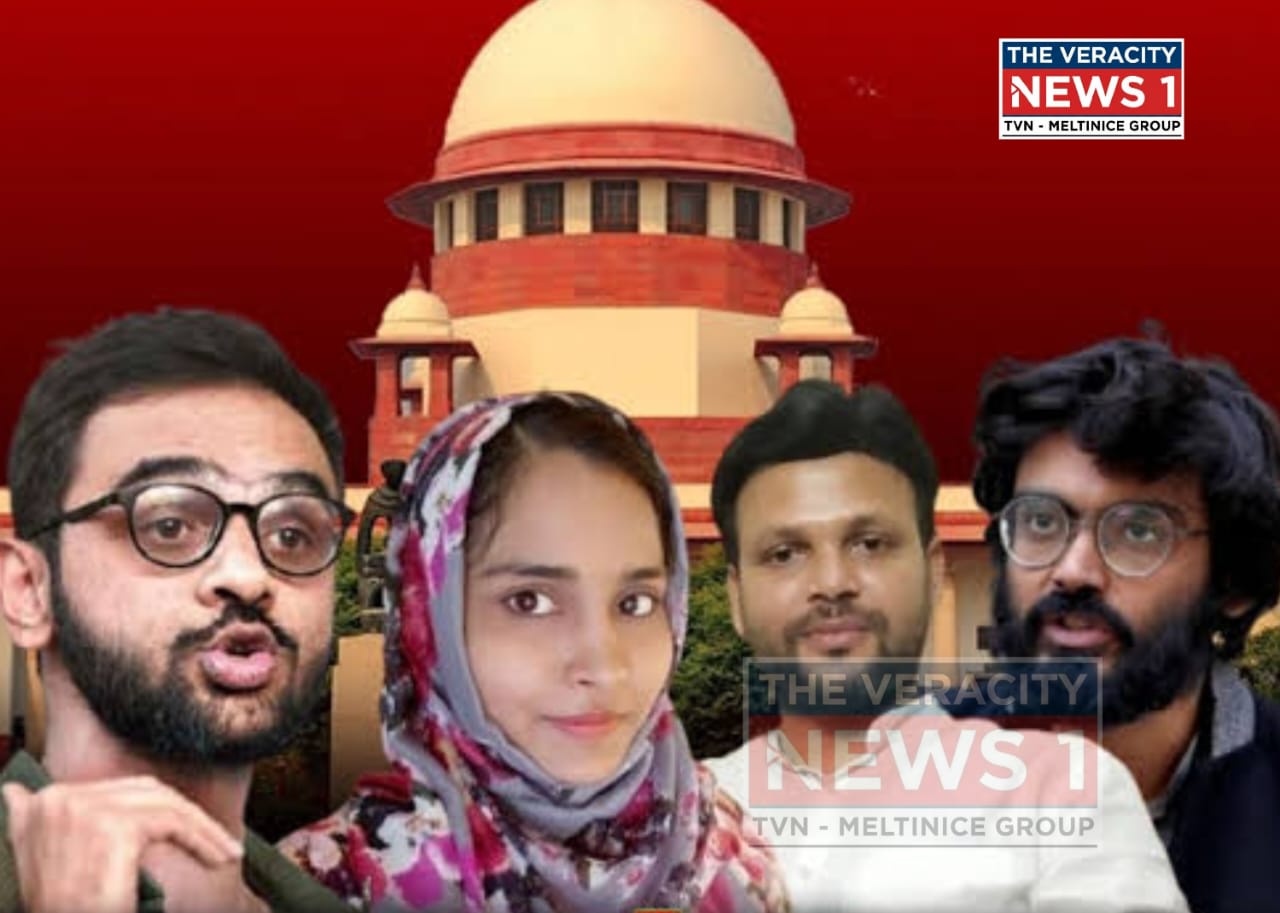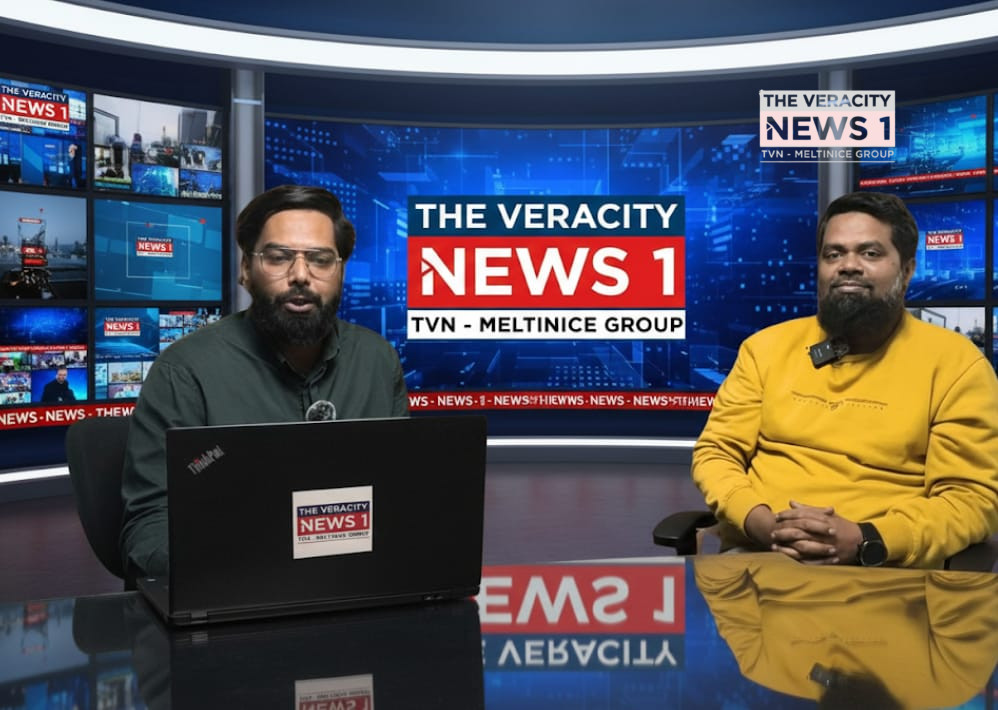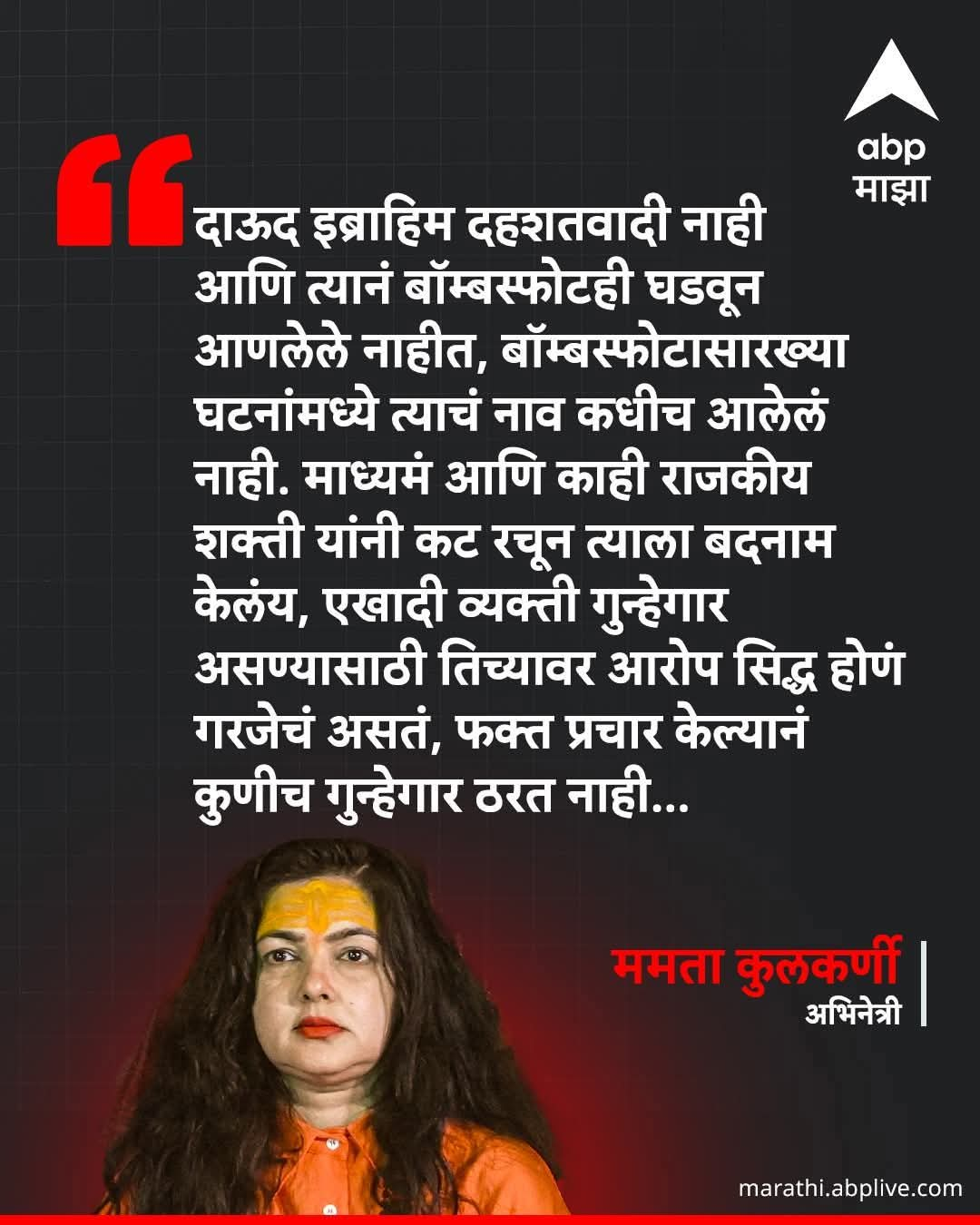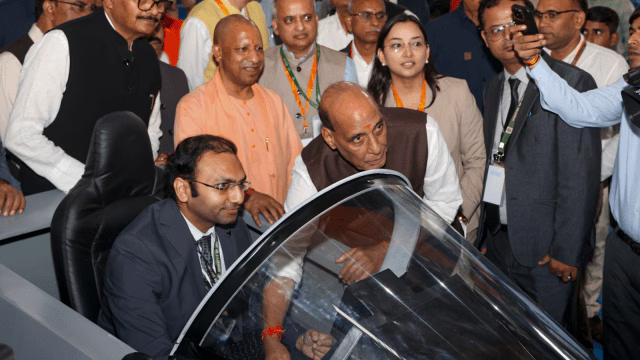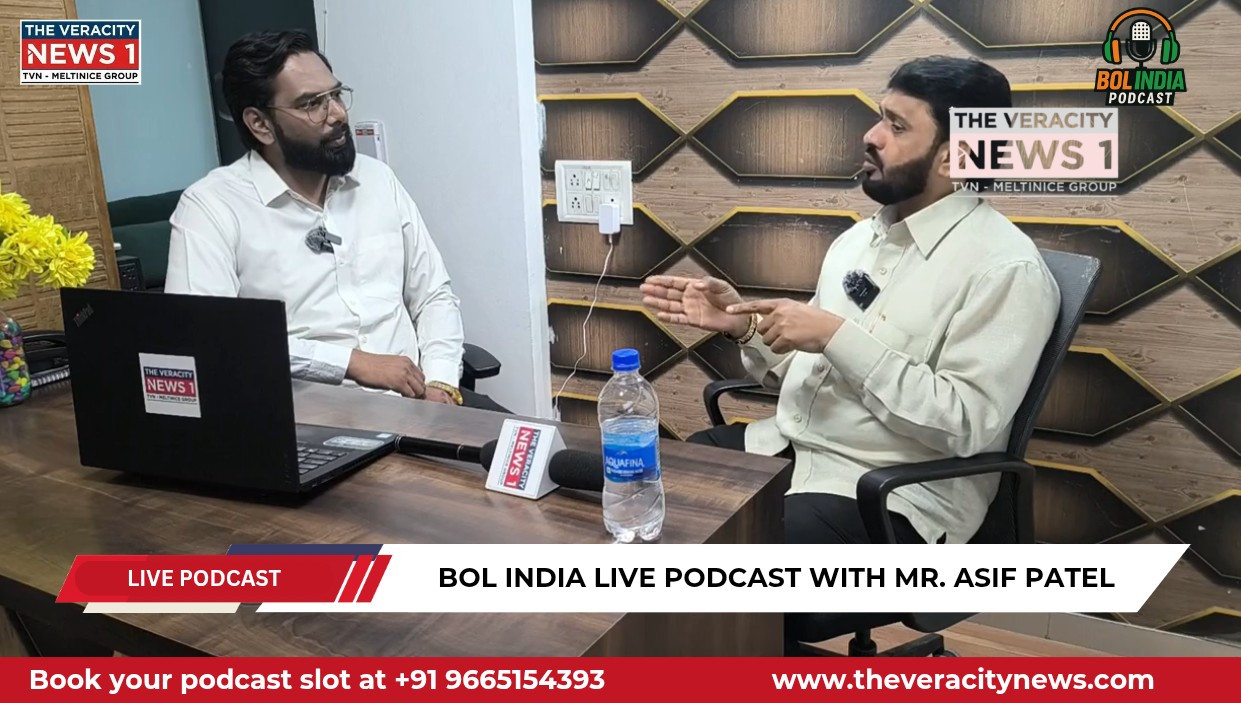Delhi Police Oppose Bail as Activists Question Fairness in 2020 Riots Case
Activists Decry Persistent Injustice in 2020 Delhi Riots Case Activists and rights groups have criticized what they call the continued criminalization of dissent, following the Delhi Police’s renewed opposition to bail for student leaders Umar Khalid, Sharjeel Imam, Gulfisha Fatema & Meeran Haider in connection with the 2020 Delhi riots case. In their latest filing before the Supreme Court, the Delhi Police have once again described the protests against the Citizenship Amendment Act (CAA) as part of a “criminal conspiracy,” linking the student activists to an alleged plot aimed at “regime change.” Civil rights advocates, however, argue that such language demonizes legitimate democratic protest and reflects a systematic effort to silence those who challenged a controversial law widely perceived as discriminatory toward India’s Muslim community. Legal observers point out that many accused under the Unlawful Activities (Prevention) Act (UAPA) continue to languish behind bars without trial, despite the absence of conclusive evidence. The activists’ supporters maintain that the protests were peaceful and constitutionally protected acts of dissent that were later framed as riots to justify political retribution. “The delay in trial is a result of investigative shortcomings and the misuse of draconian laws—not any obstruction by the accused,” said one activist associated with the campaign for the release of political prisoners. They assert that the police narrative has shifted public perception by equating activism with chaos while ignoring institutional failures that led to the violence. Rights organizations have repeatedly urged the judiciary to uphold the principle that bail, not jail, must be the rule, especially in politically sensitive cases. They emphasize that the authorities have failed to provide “irrefutable” evidence linking Khalid, Imam, or other student leaders to direct acts of violence, despite prolonged incarceration and extensive surveillance. The broader activist community sees the ongoing prosecution as part of a larger crackdown on dissenting voices that emerged during the anti-CAA movement. For them, the case is less about crime and more about freedom of expression in an increasingly intolerant political climate.



